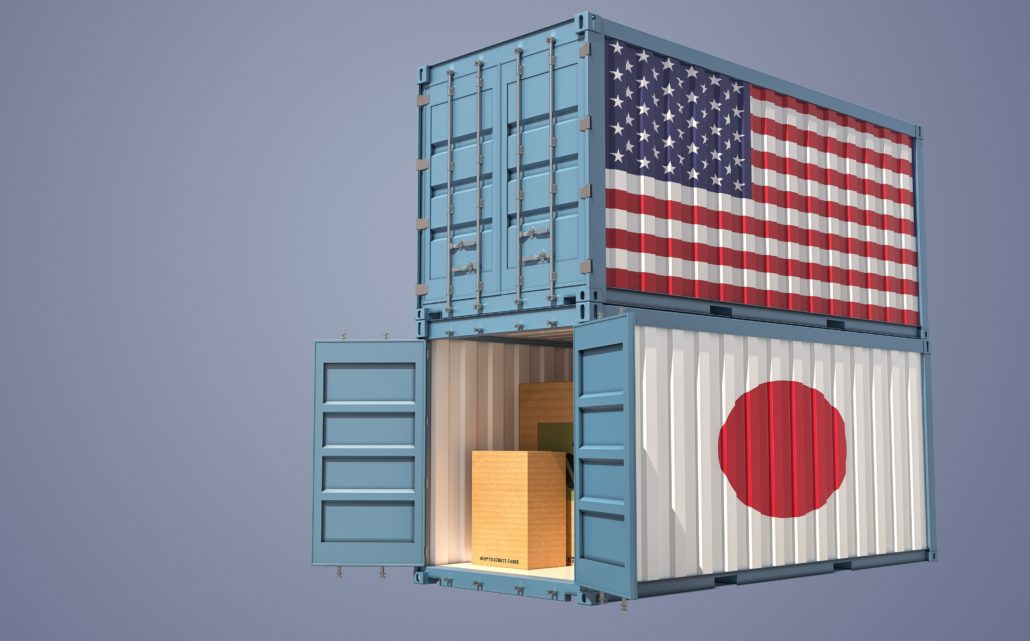Last week, United States Secretary of State Blinken and Commerce Secretary Raimondo co-hosted Japan’s Foreign Minister Hayashi and Economy, Trade, and Industry Minister Hagiuda for the inaugural meeting of the U.S.-Japan Economic Policy Consultative Committee (EPCC). They affirmed their shared resolve for rules-based international economic order and the need to make economies more competitive and resilient. They also noted how the pandemic’s resulting economic challenges have disproportionately affected underserved communities while condemning Russia’s aggression against Ukraine and how it has undermined supply chain security around the world. Finally, they affirmed the need to address the climate crisis and energy insecurity.
EPCC on the Pandemic
- The pandemic has irrevocably changed social and economic life through faster adoption of various technologies, including digital transformation, opening new opportunities as well as challenges.
- Innovation, including in critical and emerging technologies such as artificial intelligence, quantum technologies, and renewable and circular technologies, presents transformative potential and risks if abused.
- Realise a full and sustainable pandemic recovery and enhance the international order in the post-pandemic world to optimise new opportunities and prepare for unprecedented challenges.
EPCC on a Framework for Growth
- Both countries stand for open, sustainable, and inclusive economic growth, delivers prosperity, upholds democratic values, reduces economic disparities, and protects human rights across the world.
- Importance of commitments to promote economic prosperity for middle classes, including through economic and foreign policies helping workers and small businesses and increase women’s participation.
- They intend to promote this vision through the EPCC and other international platforms, including the G7, APEC, and the Indo-Pacific Economic Framework for Prosperity (IPEF).
- Support multilateral trading frameworks based on free and fair trade and that counteract coercion and non-market policies, emphasizing the importance of a level playing field.
EPCC on Democratic Capitalism
- United States and Japan, as the world’s two largest democratic economies, can show that democracies supply the best international model for prosperity, stability, and security.
- Committed to continue sharing insights and exchanging views on respective economic agendas, including Biden’s plan to build ‘from the bottom up and the middle out.’
- They further reviewed diverse ways to protect the rights of workers, companies, and investors against the dangers of unsanctioned, anti-competitive, and non-market policies and practices.
- Welcomed cooperation in furtherance of shared goals under the CoRe Partnership, emphasising joint leadership in enhancing rules-based economic order in the Indo-Pacific region and beyond.
EPCC on Economic Security
- Committed to countering threats to economic security and to the rules-based international economic order in both countries, including passage of Japan’s Economic Security Promotion Act.
- The Ministers focused on the resilience and diversification of critical supply chains so that they can promote their transparency, security, and sustainability across international networks.
- They intend to collaborate in promoting and protecting critical and innovative technologies, including through research and development, export controls, and supporting technological competitiveness and resilience.
- Concerned about harmful uses of economic influence, including economic coercion and opaque lending practices threatening legitimate interests of nations and those of individuals and industries.
- Affirmed these practices undermine legitimate choices, challenge the free and open rules-based international order, and that they could best address them through a collective response.
- Respecting the importance of sustainable finance for long-term economic growth and development, highlighting the necessity of working mutually to encourage fair and transparent development finance.
- In addressing these issues, both sets of ministers expressed their intention to continue deepening discussions and to foster cooperation among like-minded international and domestic partners.
- Emphasized their belief that economic security is vital to overall security, and that diplomacy must factor into economic policy and require a coordinated approach.
- Ministers confirmed intention to meet periodically and to cooperate during the United States’ 2023 APEC host year and Japan’s Presidency of the G7 in 2023.
Conclusion
This should supply a new framework for cooperation between these two major economic players going forward, as well as a message about the important of partnership between all countries. It reemphasises the importance of carrying forward the priorities named under the EPCC. The ministers charged their relevant undersecretaries and vice-ministers with realising the EPCC Plan of Action based on their shared economic vision of ensuring strong private sector engagement to inform ongoing efforts and calling the next EPCC vice-ministerial meeting before the end of 2022.
You can find the link to the full statement from the EPCC’s inaugural meeting here.
